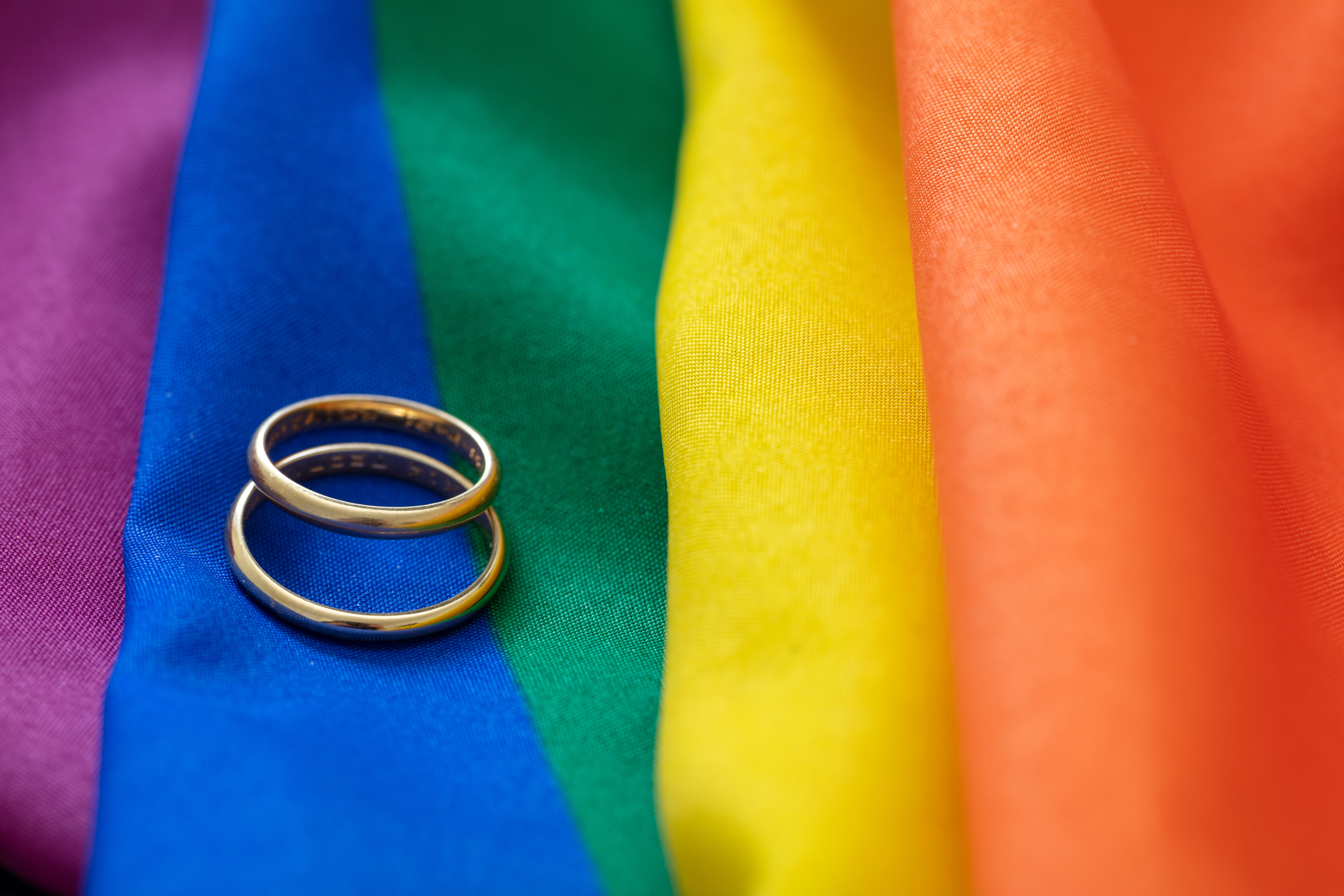
In New Jersey, married gay couples have the same rights as their straight counterparts. However, they face particular complications when it comes to divorce. Please continue reading to learn the unique challenges same-sex couples face when ending their marriage and how our adept Monmouth County Divorce & Separation Attorneys can assist you.
How Do I End My Same-Sex Marriage in NJ?
In 2015, the United States Supreme Court made the historic decision to legalize same-sex marriage across all 50 states. This ruling also affords same-sex couples the right to divorce in every state. If you want to dissolve your same-sex marriage, it’s crucial to understand that the rules and procedures are the same as for all divorces. This means you must meet the state’s residency requirements and give a legally accepted reason for the divorce.
What is a Domestic Partnership?
Before same-sex marriage was legalized in New Jersey, many gay couples chose to enter into domestic partnerships. Domestic partnerships have been recognized in the state since 2004. This civil union is a legal agreement between two people who live together and share a life. It afforded same-sex couples rights relating to inheritance, healthcare, joint tax filing, state pensions, and insurance. However, domestic partnerships don’t provide the same scope of rights as a marriage.
The laws for terminating domestic partnerships vary by state. It’s important to note that domestic partnerships in New Jersey are automatically terminated when the couple marries.
What Issues Can Arise During a Same-Sex Divorce?
While the elements of same-sex divorce are the same as those of straight couples, gay couples often face unique challenges, particularly if they lived together for many years before the laws allowed them to marry legally. When it comes to the division of assets New Jersey adheres to the equitable distribution rule. This legal principle is focused on fairly allocating marital property to each spouse, accounting for factors like the length of the marriage and each spouse’s contributions to the shared property.
If you were in a committed relationship before same-sex marriage was legalized, you would be perceived single if you weren’t in a domestic partnership at the time. As a result, any property acquired before the marriage would not be deemed marital property. This can lead to disputes over who owns what assets accumulated during the relationship. The date the marriage began is important for the division of assets. There is a risk of an unfair property distribution for couples who lived together before their partnership became legal.
In addition, when it comes to financial support, a complicating factor is the length of the marriage. Since same-sex couples were not allowed to marry before 2013, the length of marriages may be comparatively shorter even though a couple may have been together for a substantial period. Keep in mind that it also can be more complicated for courts to determine custody arrangements for same-sex couples getting a divorce. This issue arises when one partner is not the biological parent of the child, leaving them with fewer legal rights compared to the biological parent.
At Paone Zaleski & Murphy, we are prepared to help you navigate the legal complexities of your situation, protect your rights, and work towards a fair and equitable resolution. Connect with our firm today to learn how we can fight for you.

